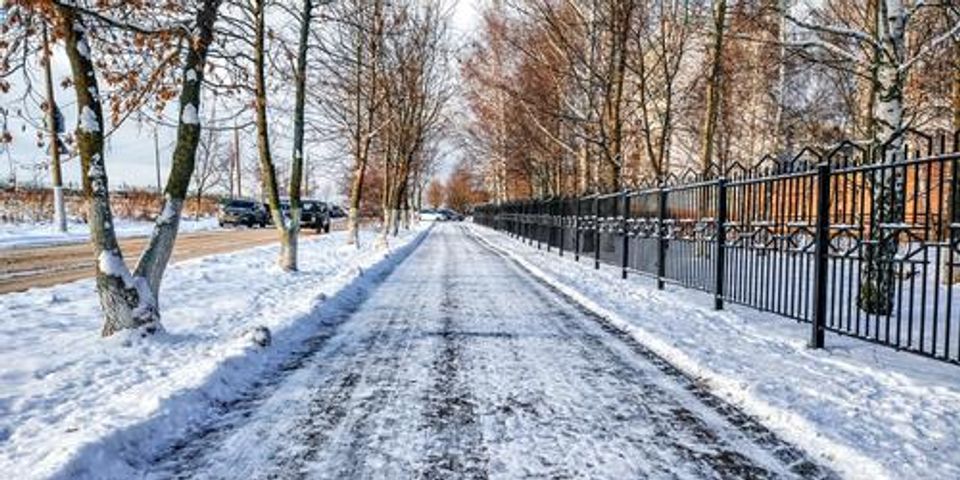How Harsh Winter Weather Can Lead to Necessary Asphalt Repair

Asphalt roads, driveways, and parking lots are built to last, but they have a particular weakness to extreme weather conditions such as freezing temperatures. According to Professional Asphalt Service, an asphalt repair expert in Long Lake, MN, frost heave can wreak havoc on your pavement, leading to minor damage that can develop into bigger issues later on. Read below to learn more about the effect of harsh winter weather on asphalt.
What Is Frost Heave?
Moisture is always present, even on the ground underneath an asphalt-paved surface. When enough moisture collects on a specific area and freezes due to extreme cold, it expands and displaces the soil, causing cracks in the asphalt. Frost heaves are the small humps on the surface of the pavement created by this process.
How Does It Affect Asphalt?
Frost heaving not only damages the surface, but it also draws unfrozen water from below the frost, drying the surrounding soil. When the ice melts during the daytime, water seeps back into the ground, creating more space underneath the asphalt to take in more moisture. This process repeats itself throughout the season, pushing the surface until it breaks in multiple areas.
Why It’s Critical to Seek Asphalt Repair
It’s easier for water to seep into the ground when there are cracks in the asphalt surface. That’s why it’s important to have your asphalt pavement sealed before the winter season. If you missed the opportunity to perform asphalt repair and cracks have already developed, you need to have them addressed as soon as possible to prevent them from getting worse.
Asphalt is tough as long as you take preventive measures to keep it from getting damaged. If you need asphalt repair, patching, or seal coating services, get in touch with Professional Asphalt Service. They also offer excellent pavement and parking lot maintenance to residential and commercial clients in the Minneapolis-St.Paul area. Call them at (612) 636-8888 or visit their website for more information.
About the Business
Have a question? Ask the experts!
Send your question

